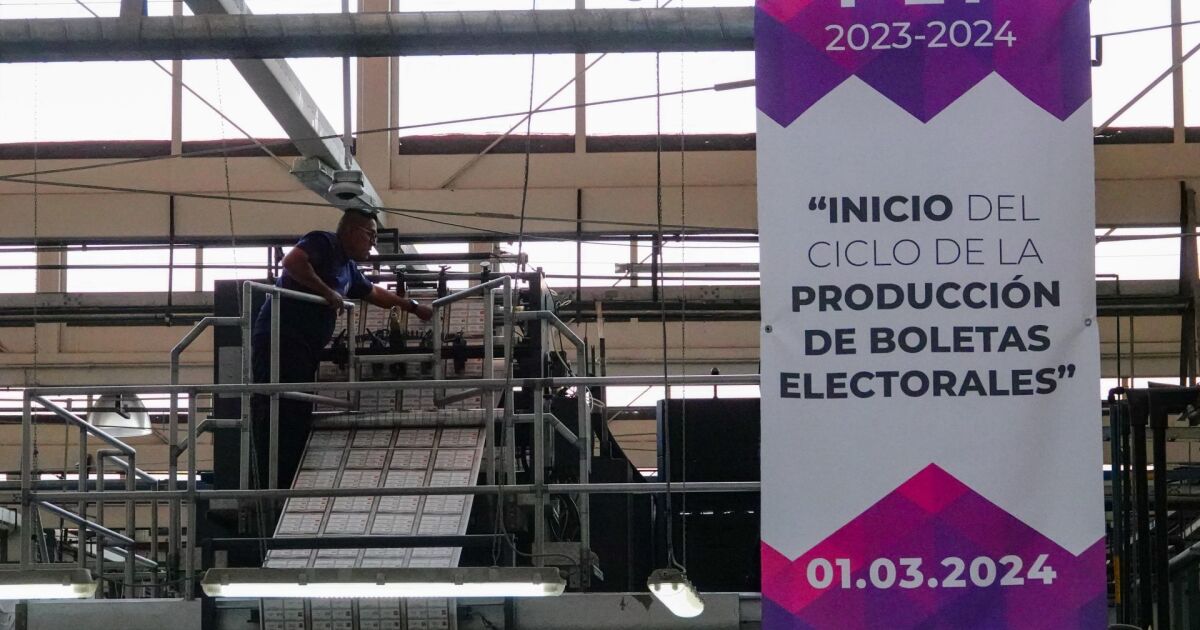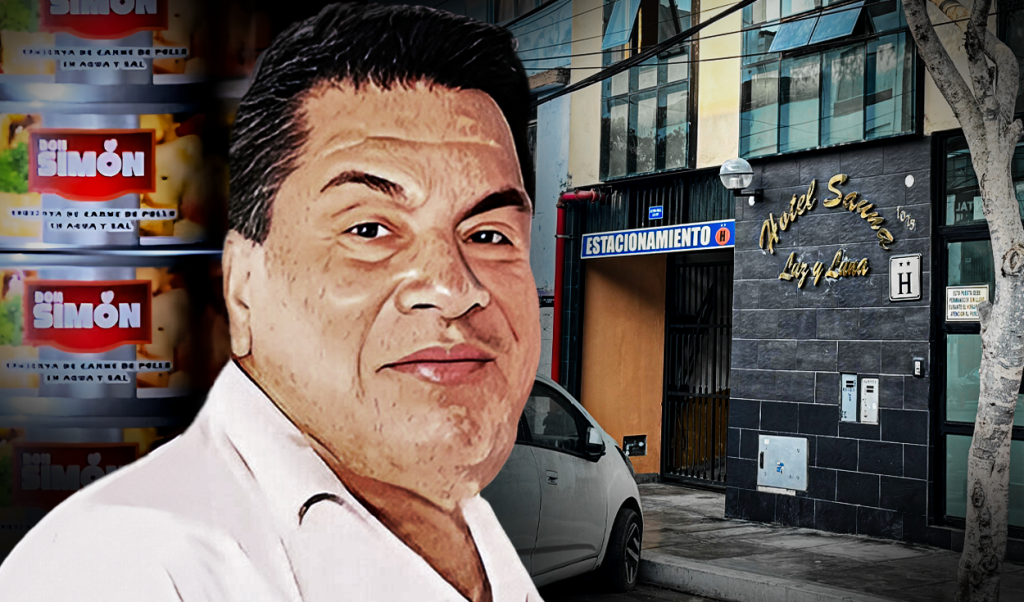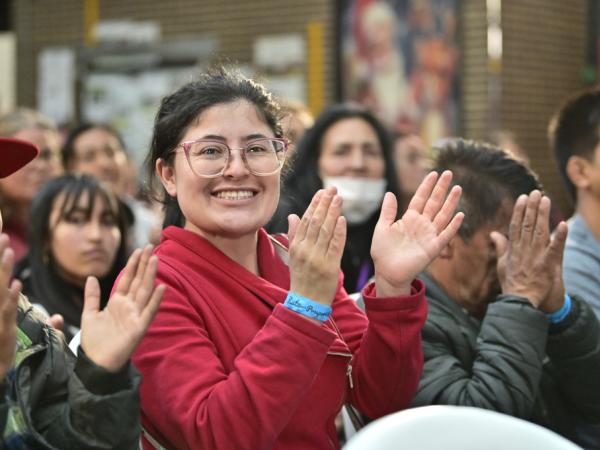The ballots for previous elections have been produced with seven security measures, like those on the banknotes, in order to make them unforgeable, but it is not yet known if the ballots for the judicial elections will have the same locks.
The advisor of the Electoral Institute of Mexico City (IECM), Ernesto Ramos Mega, revealed this week that “there is not enough” of security paper, so contact has already been established with Talleres Graphicos de México.
“They are going to have to face production times, it is the most important. When we carry out an electoral process our most limited resource is always time, even when we have budget cuts,” he explained.
“But another one, for example, is paper, there is not enough security paper at this time to be able to print the ballots for all the federal and local elections of the judicial election,” he revealed.
Ramos indicated that the supplier (Graphic Workshops) “will have to see where to look for those resources,” while the local Institute must provide quality control measures in the production and then distribution of the electoral material, to guarantee certainty in the process and the correct distribution in the boxes.
Even so, he said, his first option is to hire Graphic Workshops to produce the ballots.
On December 30, the call for the judicial election in Mexico City must be issued and it will not be until February 12 that the number of judicial positions that will be at stake at the local level is known.
For now, it is estimated that at least 24.8 million ballots will have to be printed, a figure similar to last June, when there were three types of ballots: for head of government, mayoralties and local councils.
Only for the ballots of that election, the IECM allocated 94.5 million pesos.
As is the case in the city, so far 13 entities have already reformed their local Constitution to approve state judicial reforms, that is, they will elect local judges and magistrates, although for now only 12 could have that process in June 2025.
To date, they are emerging in Michoacán, Tamaulipas, Durango, Tlaxcala, Aguascalientes, Tabasco, Chihuahua, Coahuila, San Luis Potosí, State of Mexico, Veracruz and Mexico City, while Campeche approved its reforms, but will go to the polls until 2027.
This will increase the demand for security paper for the production of electoral ballots.
In fact, the INE has already shielded itself from the possibility that Talleres Graphicos does not have sufficient security paper, or that more than the 600 million planned ballots are needed, a scenario in which bond paper would be used with “reinforced” measures.
“In the event that the jurisdictional authority requires additional printouts of the electoral ballot and there is not enough security paper for its production, it will be appropriate to use an alternative security sheet or, failing that, bond, with security measures. printed and reinforced,” the INE included in its draft agreement on the ballot model, which must still be voted on in the General Council.
This forecast was established because at the beginning of the production of ballots the number of citizens on the Nominal List of Voters (LNE) will not yet be known.















